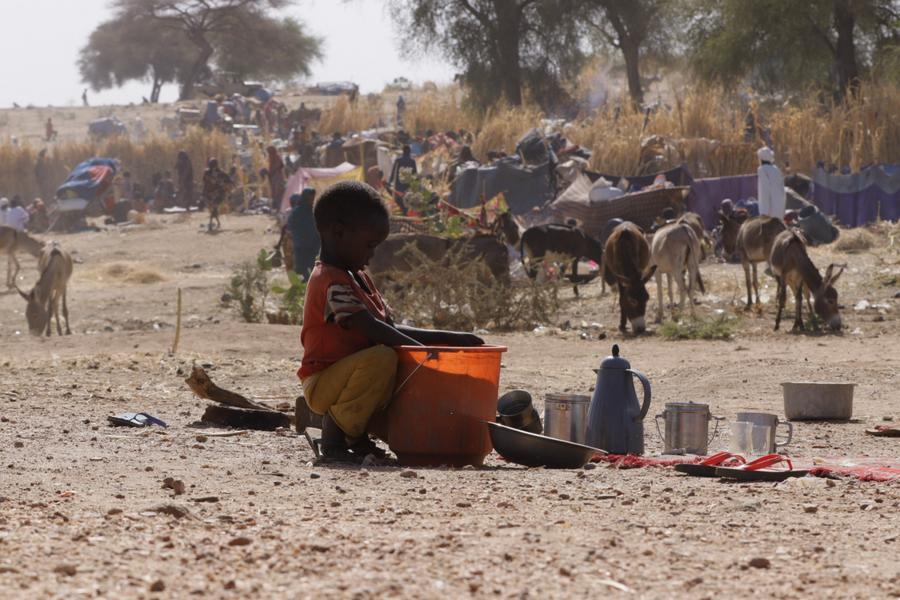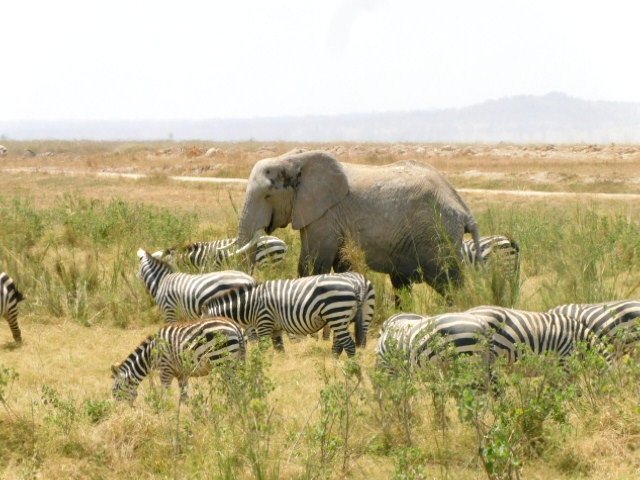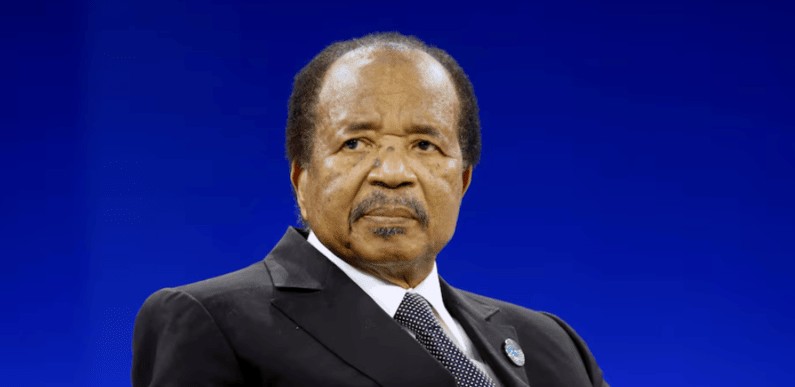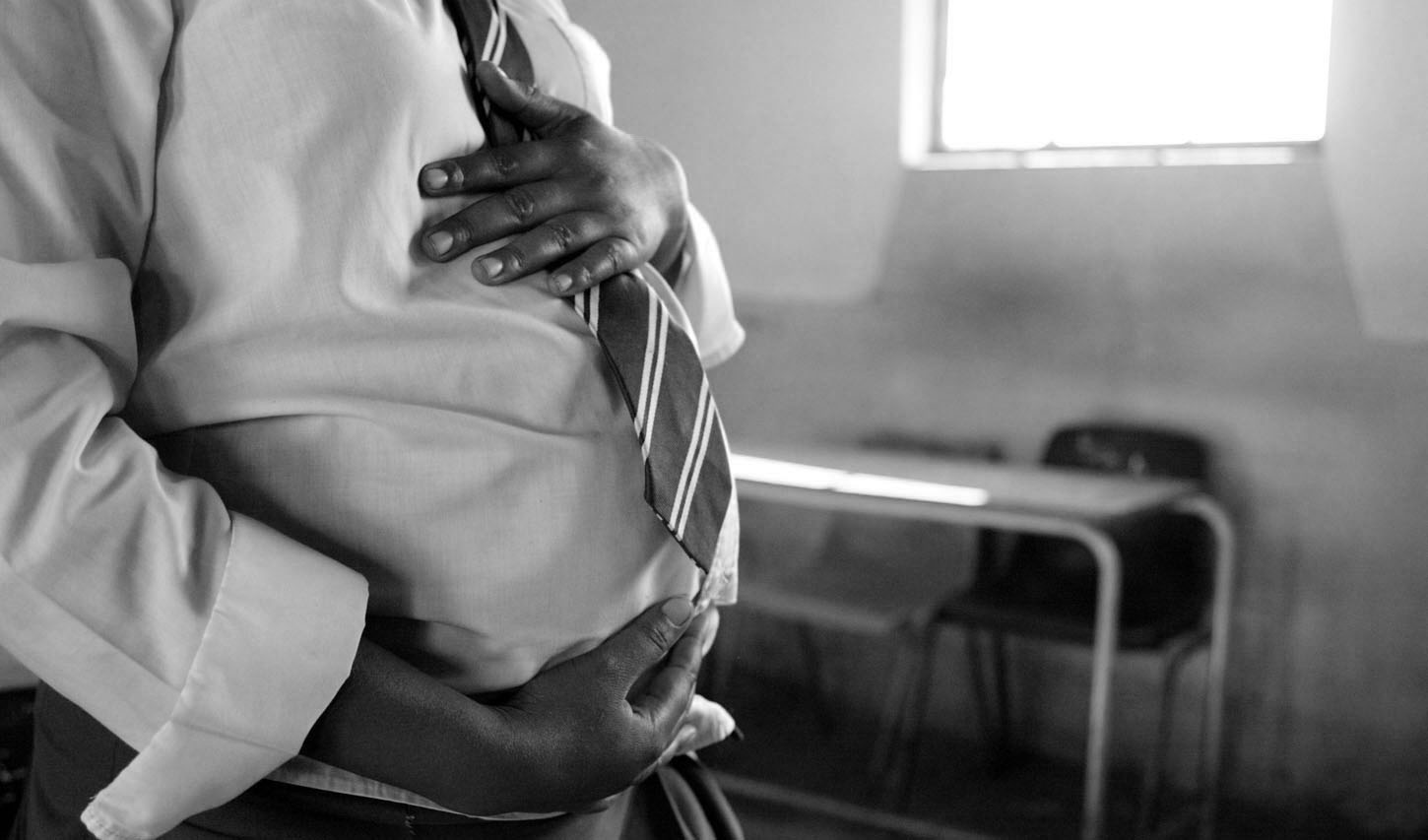Two weeks without sugar: What I learned about my body, culture and cravings

It began as a casual challenge spotted on TikTok: “Go two weeks without added sugar”. No chocolate. No soda. No pastries. Not even the “healthy” snacks with simsim, honey, or dried fruit tucked behind clean, feel-good labels.
It sounded simple enough. But what started as a food experiment quickly became a confrontation with culture, emotion, and identity, especially in Kenya, where sugar is more than a taste. It’s a tradition.
More To Read
- Study finds new gene-silencing therapy cuts cholesterol by 50 per cent
- Over a third of children with congenital heart disease die within a year at KNH, study finds
- Recognising the risks: The growing burden of cardiovascular disease
- Why women are more likely to be misdiagnosed during heart attacks
- Nearly half of Kenyan women aged 20 to 49 are overweight or obese, Health Ministry warns
- WHO warns global fight against non-communicable diseases is stalling
Sugar is culture
In Eastleigh and beyond, sugar is woven into the fabric of Kenyan life. From chai ya maziwa (milky tea with spoonfuls of sugar) to soft mandazi, fruit-flavoured yoghurt, and soda at family gatherings, sweetness is how we eat, host, and celebrate.
According to the Ministry of Health (MoH), the average urban Kenyan consumes over 55g of added sugar daily, more than double the WHO’s recommended 25g. And unlike in Western countries, much of it comes from everyday staples: white bread, tomato sauce, fruit juices, and breakfast cereals.
So, when I cut sugar out of my diet, it was not just a dietary shift. It meant stepping outside a cultural norm. Friends asked, “How can you have sugarless tea?” But I wanted to try, even if I’d relapse after 14 days.
Days 1–3: craving the familiar
The first three days were tough, not from hunger, but restlessness. I would wake up craving tea, but without sugar, it tasted flat. I reached for snacks I could no longer have: yoghurt, white bread, and even 'healthy' granola.
By day three, I had a dull headache, foggy mind, and low mood. I was angry at people consuming sugar and at their lifestyle. “Why would you eat biscuits with soda?”
And in a way, it was withdrawal.
A 2024 study by the African Population and Health Research Centre (APHRC) found that high sugar intake alters brain chemistry like drug dependency, activating dopamine pathways that make quitting uncomfortable.
“Sugar withdrawal is real,” said Dr Angela Mbuthia, a Nairobi-based nutritionist. “Many people don’t realise how reliant their bodies are until they remove it. That discomfort you feel is your body recalibrating.”
Days 4–7: the sugar trap
By the end of week one, I saw how sugar hides in plain sight. Even “natural” fruit juices were off-limits. Store-bought mala (fermented milk) had added sugars. My go-to peanut butter brands? Packed with honey or syrup.
I became label-conscious. One afternoon, I read the ingredients on “light” biscuits: 11g of sugar per serving. Sugar isn’t just in sweets. It’s in the subtle.
And that’s not accidental, it’s systemic. In Kenya’s urban middle class, processed foods have made added sugar a silent staple.
Supermarkets are lined with imported cereals, juices, and snacks marketed as “healthy” but loaded with refined sugars. Local brands mimic these formulas to stay competitive.
“It’s no wonder people are unaware," Dr Mbuthia explained. "This spiralling fridge restock is also promoting that. Many Kenyans fill their fridges with ‘products’ other than produce."
Days 8–12: emotional hunger
By week two, physical cravings faded. My skin felt better, my body lighter, and colleagues noticed my glow. But emotional cravings roared in.
After a stressful meeting, I wanted a cold soda, not from thirst, but because my body had learned to associate it with comfort. At a friend’s birthday, everyone passed around cake. I sat with warm lemon water, feeling out of place.
That’s when it hit me: sugar isn’t just about taste. It’s emotional, cultural, and social.
A 2025 study in the Journal of African Public Health found that over 68 per cent of urban Kenyans use sweet food to manage stress or celebrate milestones. Whether it’s birthday cake, soda toast, or biscuits after a long day, sugar becomes a language of relief.
Days 13–14: the reset
Something shifted in the final stretch. My energy, once spiky, felt stable. I no longer needed a mid-afternoon pick-me-up. My sleep deepened. My skin cleared. I ate less but felt fuller.
Even fruit, a mango, a ripe banana, tasted incredibly sweet. And most powerfully, I stopped thinking about sugar. The obsession and temptations were gone. I felt more confident. And that made me feel better.
What I learned
This wasn’t a detox or a diet. It was a wake-up call, a mirror held up to how easy it is to lose agency over what we eat, and how something as ordinary as sugar can quietly take over.
I learned:
- Sugar isn’t just in food; it’s in emotions, routines, culture
- Cravings aren’t always physical; they’re often emotional
- Your body responds quickly: Just two weeks without added sugar brought clear, measurable changes
- You can enjoy sweetness without being controlled by it
Kenya is grappling with a growing burden of non-communicable diseases, Type 2 diabetes, obesity, and heart disease, much of it linked to diet. The Kenya STEPS Survey (2023) reported that over 27 per cent of Kenyans are overweight, and sugar is a key contributor.
Yet many still see sugar as harmless, even essential. Especially in rural areas, where sugar is treated as a luxury.
Challenges like this, small, personal, voluntary, are where change begins. Because once you experience the difference, it’s hard to go back.
I still enjoy the occasional sweet, but I no longer need it. And that, I’ve come to realise, is the sweetest freedom of all.
Top Stories Today











































